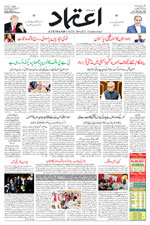GST, India's biggest tax reform, launched at midnight
Sat 01 Jul 2017, 10:32:27
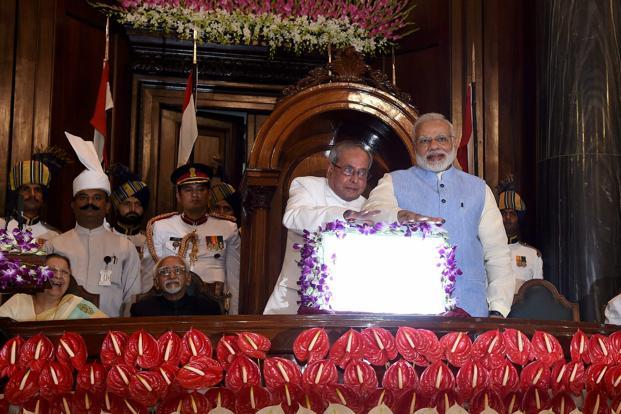
By pressing a button at the stroke of midnight on Friday, President Pranab Mukherjee and Prime Minister Narendra Modi launched India's biggest tax reform from the historic central hall of parliament, cheered on by some of the country's top names in politics, business and law.
It was a luxury welcome for the long-awaited Goods and Services Tax (GST), ending a 14-year struggle to enlist political support for a move that will replace some 20 federal and state levies and unify a country of 1.3 billion people into one of the world's biggest common markets.
The event also condensed years of anticipation, frustration and hope into a moment of celebration. A festive air permeated a brightly illuminated, flower-bedecked Parliament building.
A short film on the GST played out on television screens as soon as Modi and Mukherjee pressed a button.
About 1,000 people packed the hall when Modi began to speak from where India declared itself a free nation and first Prime Minister Jawaharlal Nehru made his famous "tryst with destiny" midnight speech almost seventy years ago.
President Pranab Mukherjee addresses the special ceremony in the Central Hall of Parliament for the launch of GST in New Delhi on Friday. (PTI)
Modi referred to the central hall's illustrious history, saying there could be no place more pious to launch what will be a crucial cog in India's gearwheel of growth.
"From Leh to Lakshadweep, India will now have one tax. GST is actually a Good and Simple Tax," he said as the audience thumped their desk in approval.
Both Modi and finance minister Arun Jaitley struck a note of political conciliation as they shared credit for the rollout of the GST with all political
parties and past government.
parties and past government.
"It shows India can collectively think and act with maturity for broader purpose," Jaitley said.
Modi said the new tax will not only usher in ease of doing business and fight corruption but also broaden the tax net and help the poor. He said the GST should be seen as an economic reform that will also help social reform.
Most central ministers, federal lawmakers, senior judges, government officials and some eminent people from other walks of life attended the function. Ratan Tata, patriarch of India's largest business group, was also present.
"GST is a tribute to the maturity and wisdom of India's democracy," President Mukherjee said.
Several opposition parties boycotted the event, with the Congress party dismissing the tax launch as a "self-promotional spectacle".
To its supporters, however, the new tax will help lower tax burden, shore up revenues of the Centre and states and temper inflation in the long run, burnishing Prime Minister Modi's credentials as a reformer before a planned re-election bid in 2019.
To be sure, with four bands the tax overhaul is far from the ideal of single flat rate. The tiered system is aimed at precluding any inflationary spike but the downside of the complexity is a lower boost to growth. Some economists now expect a medium-term GDP boost of 40 basis points, half their original forecast.
But the big unknown is whether the GST backend network is ready to cope with the massive changes about to ripple through the country's unwieldy, $2trillion economy.
The opposition has also accused the government of a hasty rollout, with many traders and merchants complaining they are still unclear about what, how much and who to tax.
No Comments For This Post, Be first to write a Comment.
Most viewed from National
Most viewed from World
AIMIM News
Latest Urdu News
Most Viewed
May 26, 2020
Do you think Canada-India relations will improve under New PM Mark Carney?
Latest Videos View All
Like Us
Home
About Us
Advertise With Us
All Polls
Epaper Archives
Privacy Policy
Contact Us
Download Etemaad App
© 2025 Etemaad Daily News, All Rights Reserved.


.jpg)
.jpg)


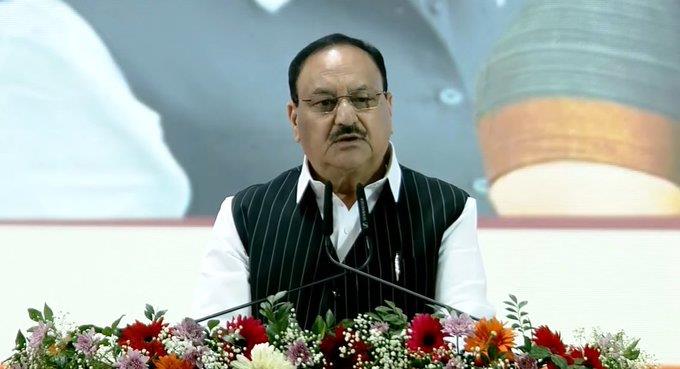

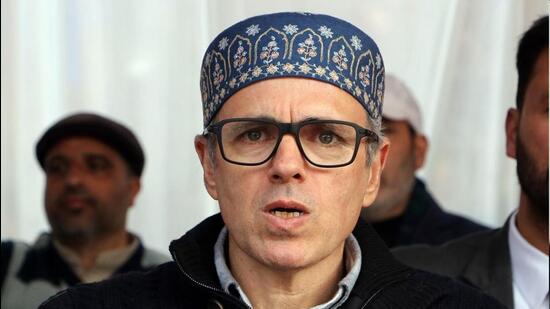
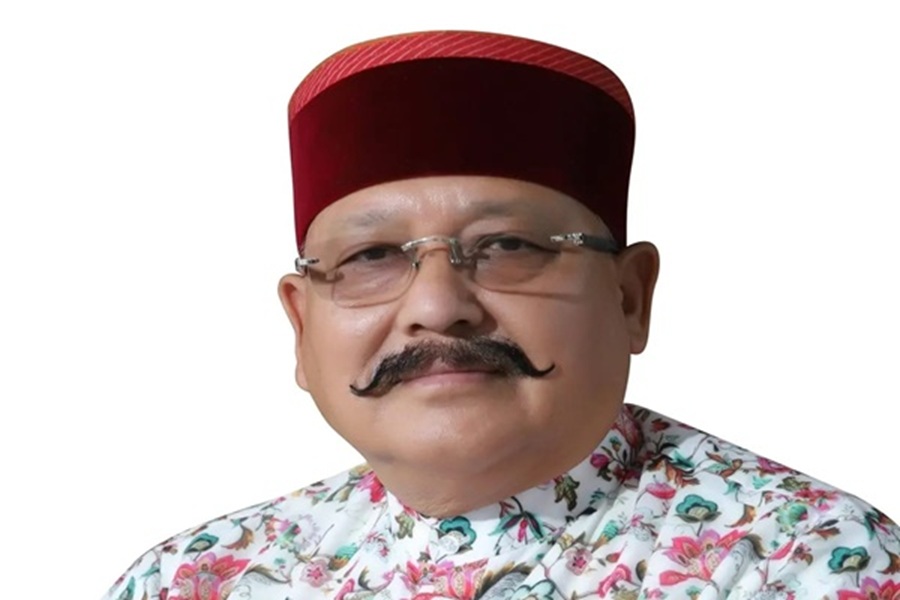



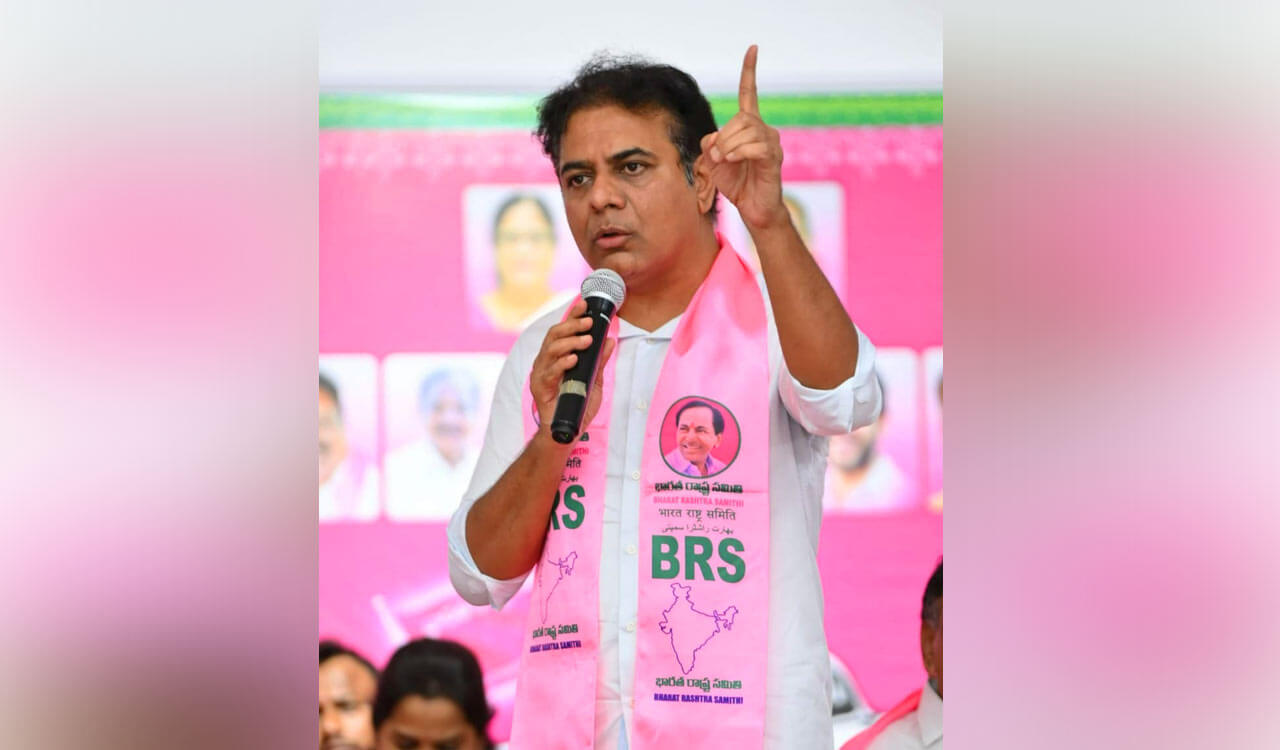
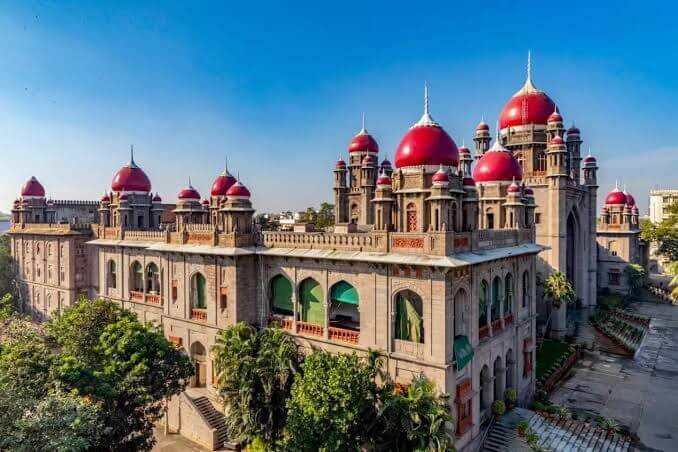
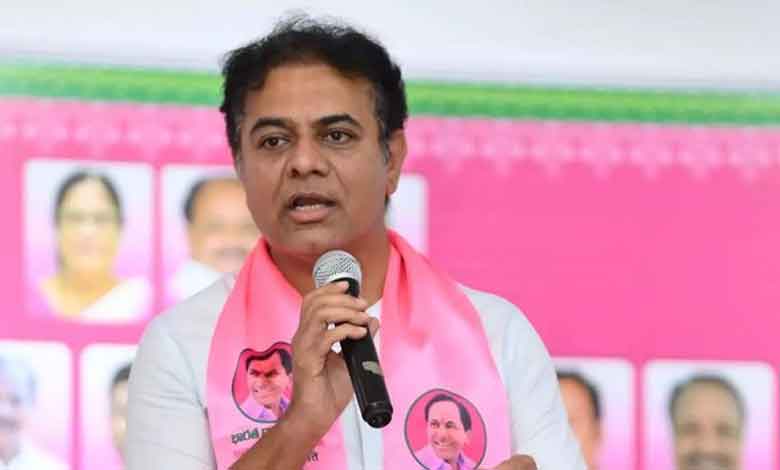
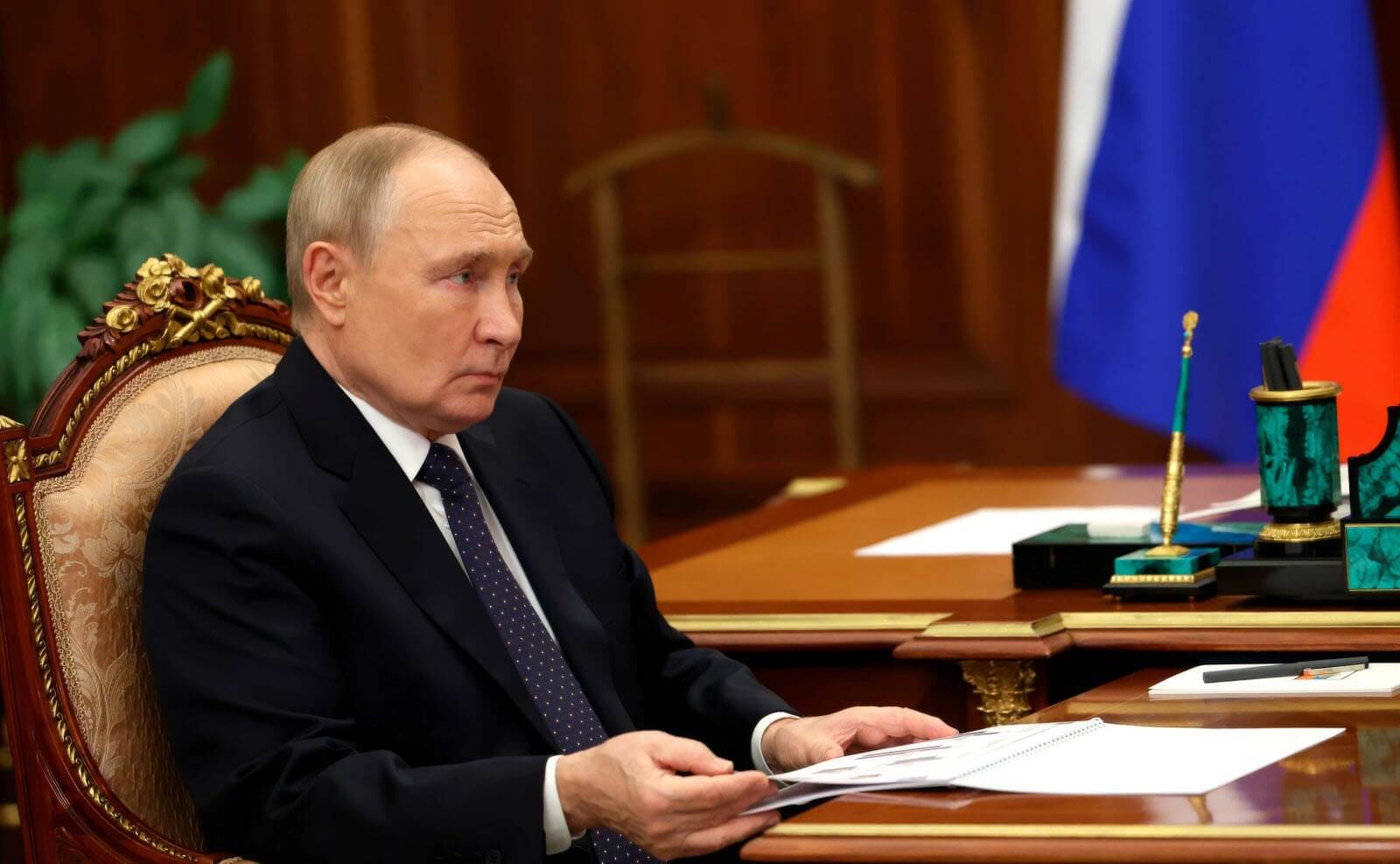
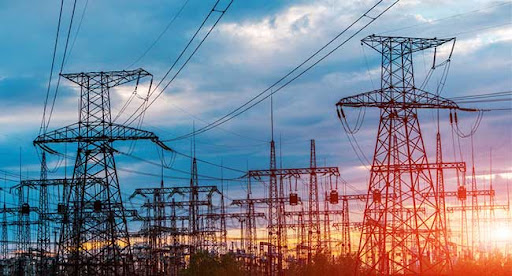
.jpg)
.jpg)
.jpg)
.jpg)
.jpg)
.jpg)


